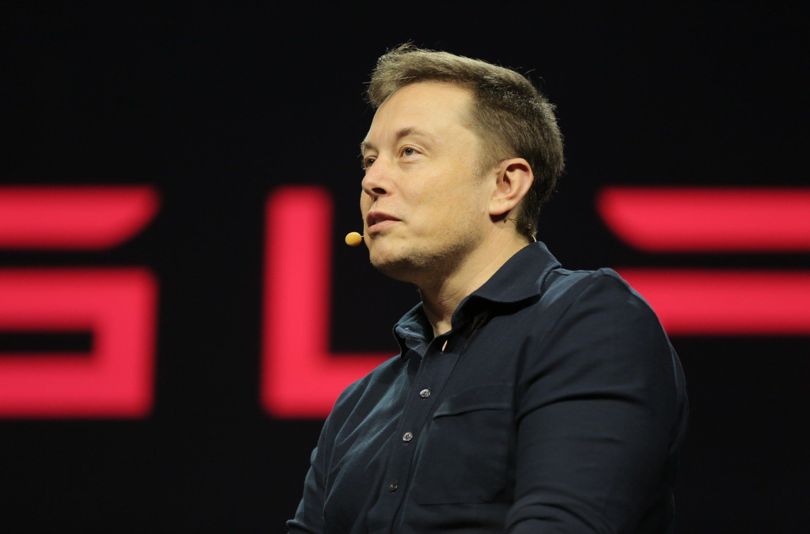Tesla CEO Elon Musk cast further doubt on Apple’s autonomous car project during the Code Conference in California, reigniting the tension started last year between the two companies.
“I think they should have embarked on this project sooner,” Musk said during the interview. “I don’t think they’ll be in production sooner until 2020.”
The comment comes a few months after a string of reports that Tesla and Apple are poaching talent from one another. The original report claimed Apple had been pinching top staffers at Tesla for its autonomous car, but Musk hit back, stating that most of the talent moving to Apple wasn’t the best, and Tesla poached more.
See Also: Will Tesla go fully self-driving before the Model 3?
Despite the ruffled feathers, Musk reiterated that he’s happy to see more competition in the electric, autonomous market, which we assume Apple’s car will be if it launches.
“I think we’re basically less than two years away from complete autonomy,” said Musk. “Regulators want to see billions of miles of data that it is statistically true that autonomous driving is safer.”
Tesla has already clocked in one million miles with its AutoPilot feature on the Model S, allowing drivers to “summon” the car from a garage and set it in driverless mode on highways.
Autonomous car race continues to heat up
That one million milestone is gaining on Google’s 1.5 million miles, gained primarily from its 200-car autonomous fleet, driving in select cities across the United States. Musk spoke about Google at the Code Conference as well, stating that while Google has made progress in self-driving, it is not a car company and would ultimately have to license its system to traditional automakers.
Less than two years ago, Tesla was still looking at autonomous cars as a possibility, but not a certain. It didn’t even have a team dedicated to building driverless features, but AutoPilot has rapidly grown into the most successful self-driving system currently available.
Part of Tesla’s success in the world of autonomous cars is over-the-air updates, which allowed the company to push AutoPilot into all of the Model S cars on U.S. roads. That is something other automakers either can’t or won’t do, leaving them behind in the race to test self-driving features on actual customers.


















